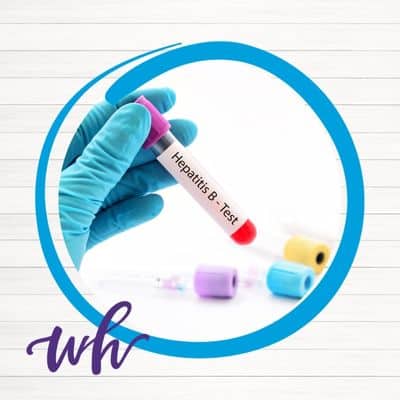Our team at Women’s Health of Central Virginia wants you to be educated about sexually transmitted diseases so that you stay as safe as possible. Additionally, being educated on STDs will help you keep your sexual partners safe. In this blog, we want to educate you on one particular STD: Hepatitis B.
What is Hepatitis B?
Hepatitis B is a virus that attacks the liver. It is contracted through contact with blood, semen or other body fluids from an infected person, and can be deadly if not treated. It is passed from mother to child during birth, and can also be contracted through sexual contact, sharing needles, or contact with infected skin.
Symptoms
Many people who are infected show no symptoms. When symptoms do occur, they can  include:
include:
- Fever
- Fatigue
- Nausea
- Vomiting
- Abdominal pain
- Jaundice
In severe cases, the virus can cause liver failure and death.
Treatment
There is no cure for this virus, but it can be treated and prevented with vaccines. With hasty treatment, most people who contract hepatitis B will make a full recovery.
There are two types of vaccines: the first is called hepatitis B surface antigen (HBsAg) vaccine, and the second is called hepatitis B immune globulin (HBIG). The HBsAg vaccine is given as a series of three shots, while HBIG is given as a single shot. Both vaccines are effective.
Prevention
There are several ways to prevent hepatitis B:
1) Get vaccinated- the HBsAg vaccine is effective in preventing the virus.
2) Practice safe sex- using condoms can help protect against sexually transmitted diseases.
3) Avoid sharing needles- sharing needles can spread blood-borne viruses.
4) Get tested- it’s important to get tested if you think you may have been exposed to the virus.
Visit Women’s Health of Central Virginia if you have concerns about hepatitis B, or if you wish to learn more about other sexually transmitted diseases. Call (434) 239-7890.

